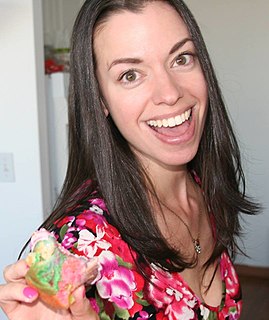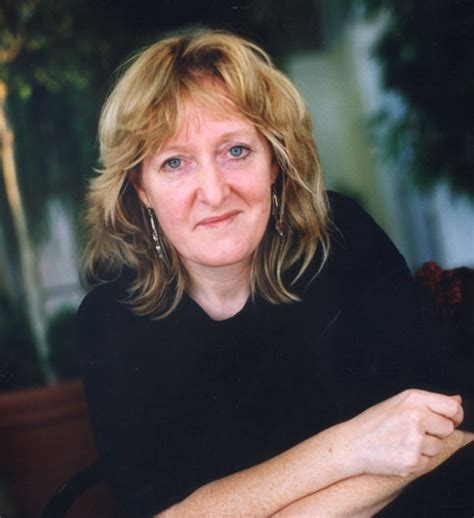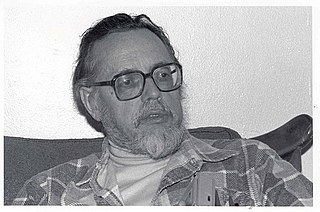A Quote by Robert Anthony
Most people would rather be certain they're miserable, than risk being happy.
Related Quotes
If you are happy, you are happy; nobody asks you why you are happy. Yes, if you are miserable, a question is relevant. If you are miserable, somebody can ask why you are miserable, and the question is relevant - because misery is against nature, something wrong is happening. When you are happy, nobody asks you why you are happy, except for a few neurotics. There are such people; I cannot deny the possibility.
I always say people would rather be nice than right. I like to be nice too, but come on. People frequently ask me, what is my definition of politically correct. My answer is always the same: the elevation of sensitivity over truth. People would rather be nice than right, rather be sensitive than true. Well, being nice and sensitive are important, but they're not more important than being right; they're not more important than the truth.
The fact that only humans above a certain age can be morally virtuous, rather than babies or cats, means that that being moral requires some cognitive ability. If virtue is about desires, it is worth remembering that you can't desire some things without being able to conceive of them. Suppose a virtuous person will desire to make people happy and desire to tell the truth. You can't desire to make people happy without having the concept "happy" and you can't desire to be truthful if you don't have have the concept "lie", so a cat or a baby cannot desire these things.
The church seeks to help form people who can risk being peaceful in a violent world, risk being kind in a competitive world, risk being faithful in an age of cynicism, risk being gentle among those who admire the tough, risk love when it may not be returned, because we have the confidence that in Christ we have been reborn into a new reality.


































